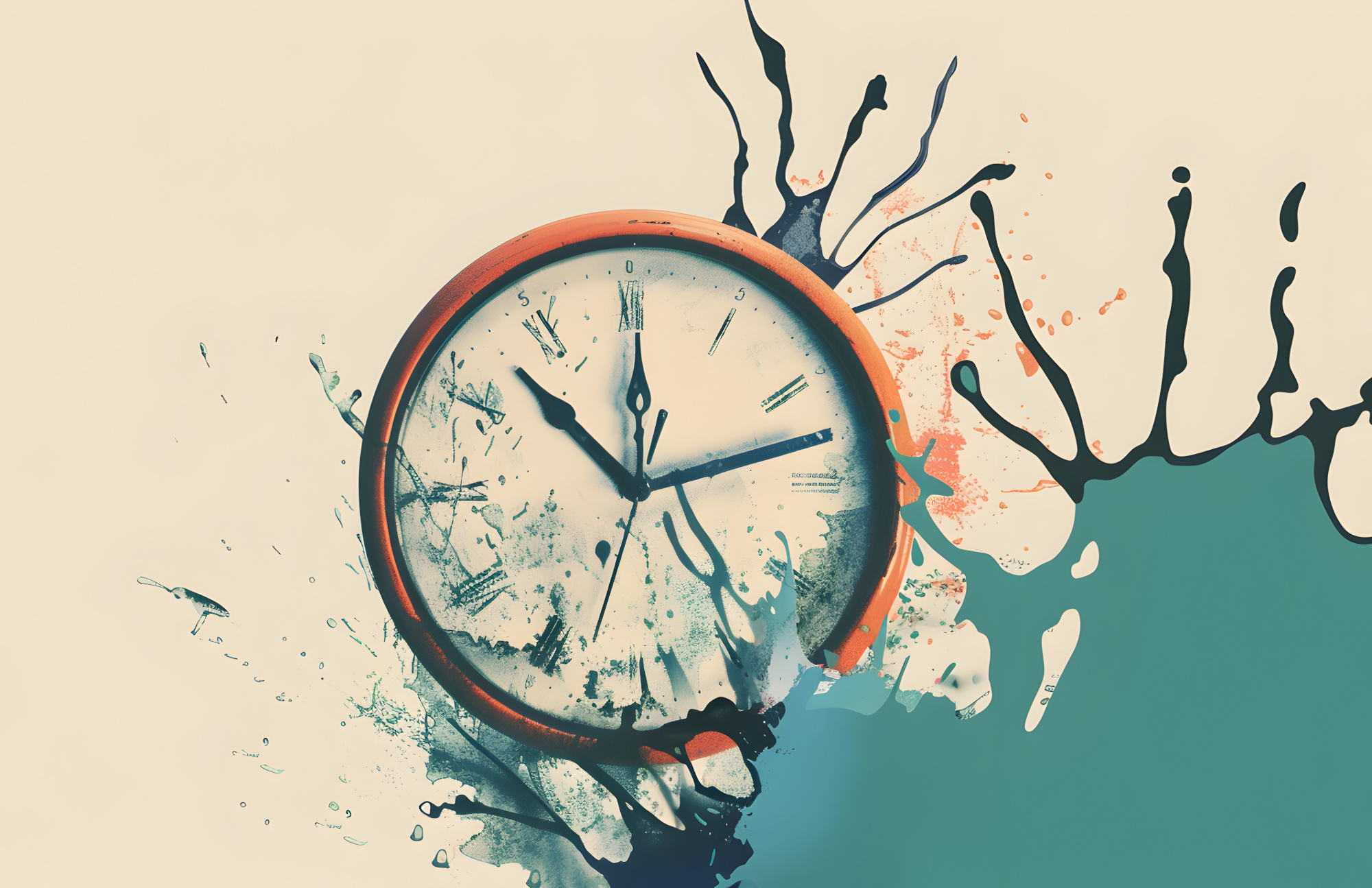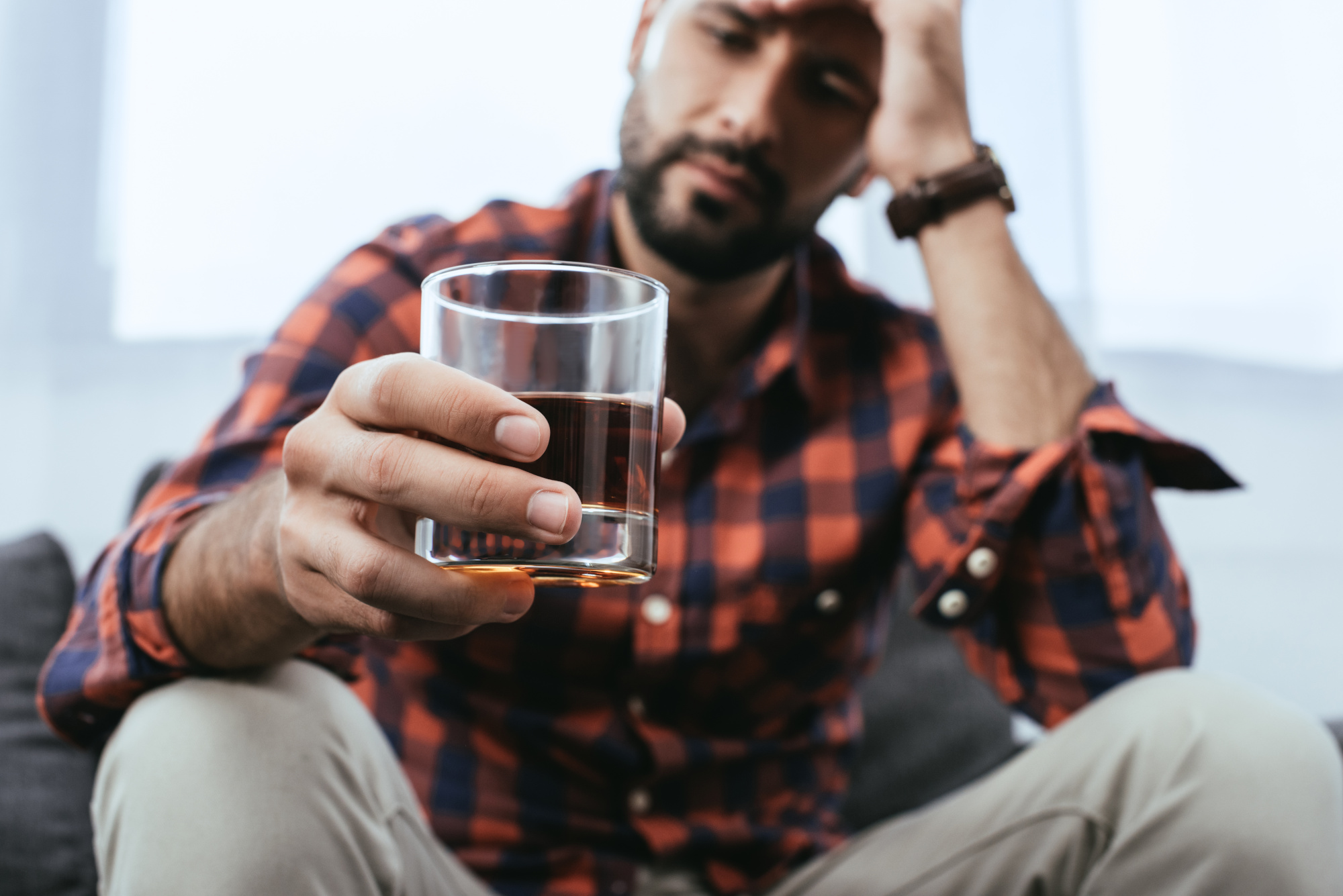People struggling with mental illnesses often experience struggles with addiction, whether it be substance use disorder (SUD) or alcohol use disorder (AUD). The correlation between the two may be slightly more prevalent dependent on the kinds of trauma people have experienced from their past. Either way, untreated mental illnesses can lead to addiction whether the path begins with self-medication or the inability to cope with trauma. Mental health and addiction affect people in a way that leads one illness to worsen the other.
At The Ohana Addiction Treatment Center, the phenomenon of people simultaneously suffering from addiction and mental illness is referred to as Dual Diagnosis (DD). Our team has the knowledge to understand both addiction and mental health, which can help us treat you for both disorders.
To make progress with addiction or mental health recovery, you must seek treatment for both. Only then will you find peace with each disorder.
Understanding Dual Diagnosis
According to the National Comorbidity Survey, individuals with AUD are almost three times more likely to suffer from an anxiety disorder. People with a history of AUD are also at a higher risk of suffering from major depressive disorder. Many Dual Diagnoses also include suffering from several mood disorders. Drugs and alcohol don’t always cause mental illness, and mental illness is not the direct cause of someone suffering from addiction. However, if your mental health is suffering, your future recovery will be put at risk. Additionally, being in a toxic cycle of addiction can exasperate your anxiety, depression, or other mental health symptoms.
Many people often forget that addiction is a mental health disorder. Excessive substance use affects the brain, rewiring it in a sense. The main effects take place in the limbic system, the part of the brain that connects pleasures with rewards. When parts of the brain like this are changed, it affects our mental health symptoms. Some common mental disorders you might experience in a Dual Diagnosis include depression and anxiety, borderline personality disorder, or bipolar disorder, to name a few. An addiction treatment facility should offer the chance to treat all disorders involved. It’s the only way for you to truly enter into recovery.
The Connection Between Addiction and Mental Illness
According to the National Institute on Drug Abuse (NIDA), other national population surveys have indicated that roughly half of people living with mental illness will also experience SUD. A lot of this data suggests high rates of comorbidity regarding substance use and anxiety disorders, such as generalized anxiety, panic disorder, and PTSD. The statistics themselves are telling. However, the primary connection between addiction and mental illness is the events or traumas that lead to them.
Some main factors lead to addiction and mental illness. The first is your biological makeup. Research has tried to indicate the connection between addiction and genetics. People with a history of addiction or mental illness in their family may be at a greater risk of suffering themself. Different genes can affect the development of these disorders, but other factors play a significant role too.
Environmental factors are also key causes. The environment someone grows up in will impact their adulthood. Children exposed to SUD, mental illness, or significant traumatic events are more likely to suffer from similar mental disorders or addiction. Our natural predisposition to handling stress and trauma leads people to use drugs or alcohol to cope with either present-day stress or the trauma from their past. If any of the experiences or struggles mentioned above sound familiar to you, it may be a Dual Diagnosis.
Treating Dual Diagnoses
What’s amazing about addiction treatment is that there are a variety of treatments for co-occurring mental disorders too. For example, evidence-based behavioral therapies can help you understand your struggles from a clinical perspective. In conjunction with evidence-based treatment, holistic therapies can be a great way to treat a Dual Diagnosis. Holistic therapies treat you as a whole person, not just the illnesses. Additionally, medications, such as antidepressants or mood stabilizers, can be used for specific disorders. Medication use must be discussed with a medical professional.
The above methods are just some of the ways for you to seek treatment at The Ohana Addiction Treatment Center. Thanks to our medical, psychiatric, and therapeutic professionals, we can provide comprehensive treatment to address each Dual Diagnosis accurately. If you are suffering from Dual Diagnosis, or believe that you may be suffering from it, reach out to The Ohana today. We can start you on your addiction recovery adventure today.







